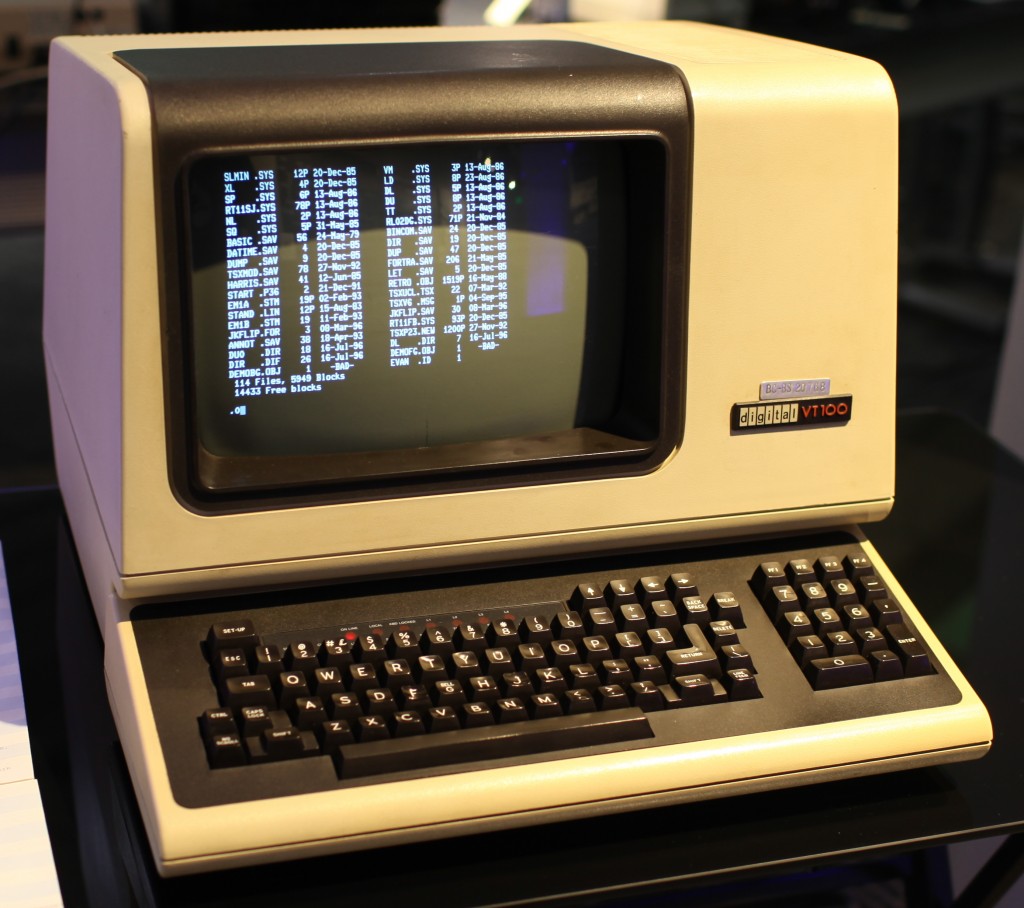
The highest court in Europe has ruled that libraries can digitize books without publishers permission and distribute them to dedicated reading terminals. The decision rests on exceptions built into the EU Copyright Directive for reproducing and communicating intellectual property. Specifically it says that publicly accessible libraries may make works available at “dedicated terminals… for the purpose of research or private study.”
Under the EU Copyright Directive, authors have the exclusive right to authorize or prohibit the reproduction and communication of their works. However, the directive also allows for exceptions or limitations to that right.
“The right of libraries to communicate, by dedicated terminals, the works they hold in their collections would risk being rendered largely meaningless, or indeed ineffective, if they did not have an ancillary right to digitize the works in question,” the court said.
This is good news for library patrons that simply need to conduct research. However, libraries cannot permit visitors to use the terminals to print out the works or store them on a USB stick, by doing so, the visitor reproduces the work by making a new copy. This copying is not covered by the exception, particularly since the copies are made by individuals and not by the library itself.
Michael Kozlowski is the editor-in-chief at Good e-Reader and has written about audiobooks and e-readers for the past fifteen years. Newspapers and websites such as the CBC, CNET, Engadget, Huffington Post and the New York Times have picked up his articles. He Lives in Vancouver, British Columbia, Canada.
